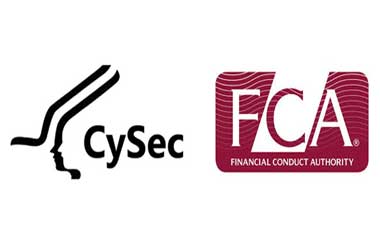 The Universal Basic Income (UBI) structure has long been floated around as one of the answers to supporting those less fortunate among a country’s citizens. Though it does seem a bit ambitious, UBI is being seriously considered by a lot of governments. Finland implemented a limited form of it as an experiment to see how things would turn out. It has been close two years since the experiment was rolled out and the results are in – though they are not encouraging.
The Universal Basic Income (UBI) structure has long been floated around as one of the answers to supporting those less fortunate among a country’s citizens. Though it does seem a bit ambitious, UBI is being seriously considered by a lot of governments. Finland implemented a limited form of it as an experiment to see how things would turn out. It has been close two years since the experiment was rolled out and the results are in – though they are not encouraging.
The idea behind UBI is that citizens are paid a monthly basic income no matter what they are doing. The idea of paying people a basic income despite whatever they are doing has long been around – the first time it was suggested was more than 500 years ago in Sir Thomas More’s book “Utopia.”
Since then, thinkers have been trying to develop a strategy that could be implemented. A popular variation for it is “universal basic services” wherein people are given basic services like education and healthcare for free. Right now, UBI is being tested out in Kenya, while the Netherlands and Italy are studying their options.
Kelakanava
The program in Finland was a bit different since it focused on those that are unemployed. For the Finnish program, 2000 unemployed Finns were paid a basic income from January 2017 to December 2018. The amount was set at €560. The idea behind it was that the money was supposed to help support these individuals as they looked for work or depended on gig economy jobs.
The Results
However, the results of the experiment are a bit uneven. Supporters of the idea behind UBI believed that the safety net would allow those who are unemployed the time to safely look for new jobs without any pressure on them. Alternately, they could use the time to learn skills that they would use as a way to get a new job in another industry.
The trouble is that it doesn’t seem to have resulted in the expected outcome. Among the 2,000 recipients of the UBI, unemployment rates stayed the same when compared to the control group that did not receive any UBI. Researchers are baffled by these results and are trying to figure it out for the final publishing of the report in 2020.
The other goal of the UBI was to increase people’s happiness through this program and on this front it seems to be an unqualified success. People who received UBI had less stress and were generally happier, though they were still unemployed.

 United States
United States United Kingdom
United Kingdom















